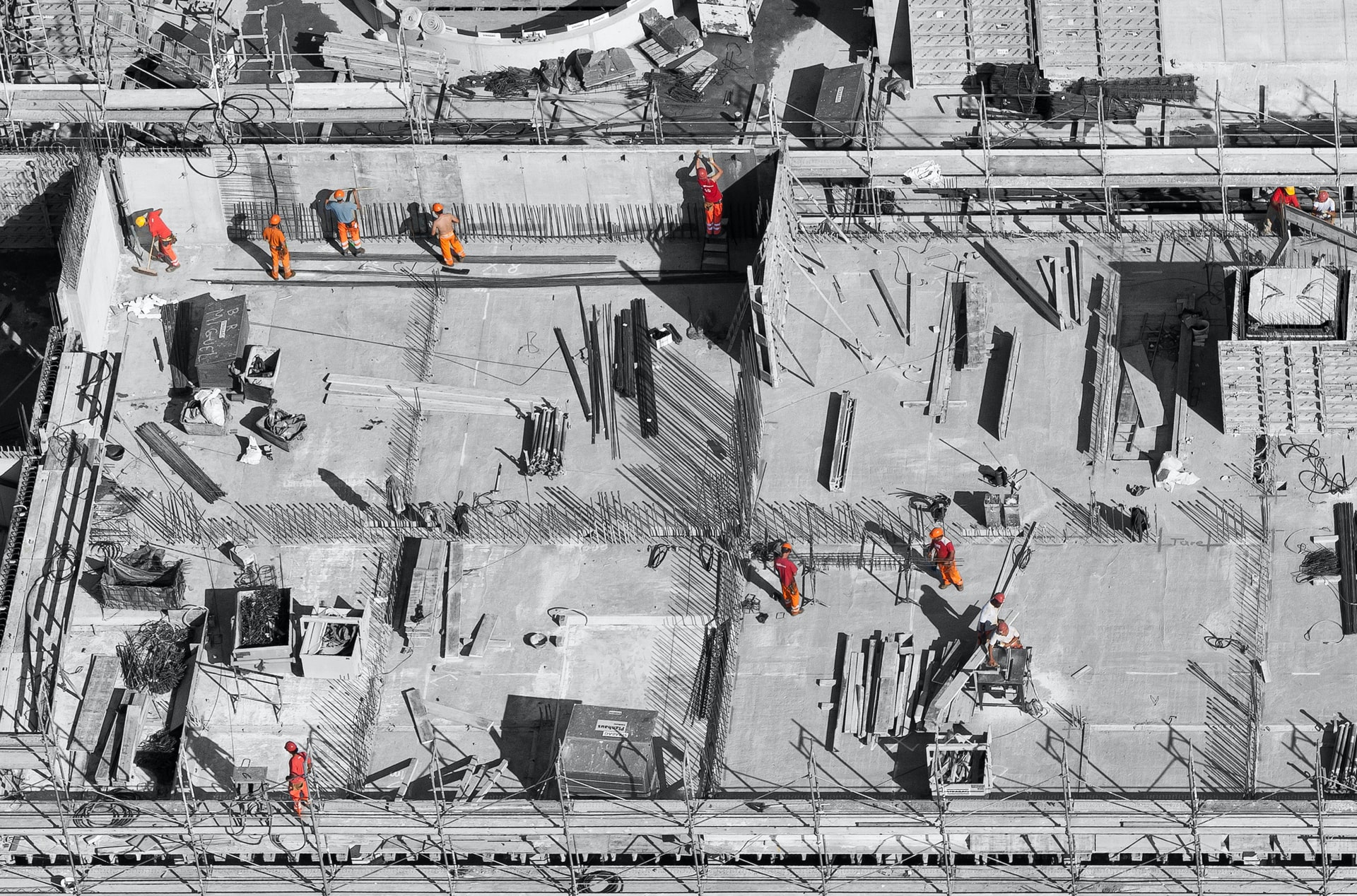If you’re a general contractor or subcontractor, you face a significant risk in your business. It’s referred to as consequential damages that result from a breach of contract. Whether you’re unfamiliar with this term or would like to learn more, keep reading for a detailed breakdown.
What Are Consequential Damages In Construction?
Consequential damages in construction generally result from performance or completion delays on a construction project that lead to a breach of contract. To illustrate, if your company wins a bid to construct an office building that will be rented out to commercial tenants and it’s not completed on time, the property owner stands to lose a substantial amount of revenue. Under this scenario, the property owner could file a lawsuit against the construction company in an attempt to recoup their losses.
However, this ruling isn’t one-sided. If the owner breaks its end of the contract, the construction company can sue to recoup damages from lost business opportunities. Construction companies want to move from one project to the next. Quicker transitions increase their revenue. The non-breaching party is able to go after the breaching party in court.
Actual Consequential Damages
Also known as compensatory damages, actual, consequential damages are awarded to the plaintiff if they sustain damages or injuries. Construction workers work with heavy equipment and put themselves in dangerous situations. If they get hurt and aren’t adequately protected, they can sue. If a natural disaster you didn’t forecast strikes the area, it’s harder for the injured party to bring the case to court. However, if this is a result of an error from the company, such as ineffective safety measures, the argument carries a lot more weight in the courtroom. Injuries like these count as punitive damages.
Liquidated Damages
Liquidated damages are a type of consequential damage that puts tangible dollar amounts on the intangibles. It refers to the sum of cash that a party must pay if they breach a contract. For example, a project owner might agree to pay the construction company $300 per day for each day past the deadline if they breached the contract and delayed construction. The owner can also include a provision in the contract that lets them obtain a specific amount of money if the construction company violates the contract and bails on them. It’s hard to calculate how a construction company walking away or an owner prolonging the project would impact the non-breaching party’s income. Liquidated damages attempt to put a number on it. The details get specified in the contract, and both parties must agree to the amounts when the contract is signed.
Incidental Damages
An issue can come up during an inspection that the project owner and contractor did not expect. Any issues discovered later could eventually result in a contract breach. Incidental damages are payments from one party to compensate for the fact that they would have to breach the current contract due to new information about the project.
Property Damage
Any damages to the property will prolong construction. This results in lost revenue for the owner since it will take longer for the project to become usable. It also increases the amount of time a construction company spends on the project, which limits their opportunities. In addition, if a worker damages the property by mistake, the construction company is liable.
What Do Consequential Damages Mean For Contractors?
Lost Opportunities
You could miss out on other lucrative construction projects if you’re dealing with a lawsuit that interferes with your day-to-day operations. This also applies if the owner makes sudden changes that significantly prolong the amount of time you spend on the project.
Lost Profits
If a lawsuit puts your construction company in a financial bind, you could be forced to cancel other projects if you cannot pay suppliers and get the materials you need on time. You may also have to deal with higher overhead costs as the project gets delayed. However, some of these issues get resolved quickly, and you can go back to working on the property. Materials financing companies can provide coverage for short-term material needs and give you the necessary commercial financing to keep working while you wait for the client’s payment.
Damages To Your Business Reputation
Every minute you spend with one project owner is another minute you can’t spend with another client. If one client eats up more of your time due to a contract breach, you will have less time for other clients. Some construction companies lose business because ongoing issues with one client create delays for other clients. These events can hurt your company’s reputation. Future clients may fear that your construction company cannot uphold their end of the contract.
3 Tips to Avoid Consequential Damages
1. Consider Having Coverage
Research business liability insurance to determine if it’s an option to protect your construction company in the event of a lawsuit. It’s good to hope for the best, but you should prepare for the worst in case something happens. You don’t want to get caught by surprise if you get involved in a lawsuit.
2. Add Disclaimers to Your Contracts
Disclaimers are critical for any contract. They shield your company from some of the legal liabilities it could face otherwise. It gives your company a greater margin of safety in case something goes wrong. You should consult with a reputable attorney that can review your contracts and add the necessary disclaimers.
3. Find Solutions that Have Negotiated Terms with Suppliers to Avoid Delays
As mentioned earlier, issuers with suppliers can lead to project delays. You could also risk breaching the construction contract if you’re unable to meet specific deadlines. But you can mitigate financial risks to your construction business by using a commercial financing payment solution to secure the supplies you need.







